- Study load
- Full time
- Program code
BP312
- Duration
- 3 years
- Application deadlines
-
06 Feb 2026
12 Jun 2026
09 Oct 2026
- Intakes
- Feb or Mar, Jun or Jul, Oct
- Location
- RMIT Saigon South
- Program code
- N/A
- Application deadlines
- N/A
BP312
06 Feb 2026
12 Jun 2026
09 Oct 2026
This program is ideal for those who aspire to lead in the tourism and hospitality industry and possess a drive for excellence, a love for meeting new people, an adventurous spirit and a commitment to setting exceptional service standards. It is designed to equip you with the skills and knowledge needed to pursue senior managerial roles in national and international organisations across the dynamic and growing tourism and hospitality sectors.
The program offers a comprehensive view of global tourism and hospitality, with a curriculum tailored to Vietnam’s context. Students will gain hands-on experience through industry projects, company visits, and expert guest speakers from an extensive network of industry partners. Through our Work Integrated Learning, graduates are well-equipped to succeed and advance in their careers.
Tourism and Hospitality Management students benefit from a balance between academic knowledge and practical application, complemented by diverse minors. Career prospects are further enhanced by accreditation from leading global professional associations.
In Vietnam, we are the only program to be certified by the United Kingdom’s Institute of Hospitality (IH) and hold Premier Membership with the International Council of Hotels, Restaurants and Institutional Education (I-CHRIE). The program is also a member of the Pacific Asia Travel Association (PATA), with a global ranking among the top 100 Tourism and Hospitality Management programs in the Shanghai Ranking since 2022.
RMIT's College of Business and Law is an accredited member of AACSB International (AACSB) – the world’s largest business education alliance.
AACSB accreditation is a globally recognised standard of excellence for business schools, with members in over 100 countries and territories. It signifies a commitment to quality, continuous improvement and high-quality business education.
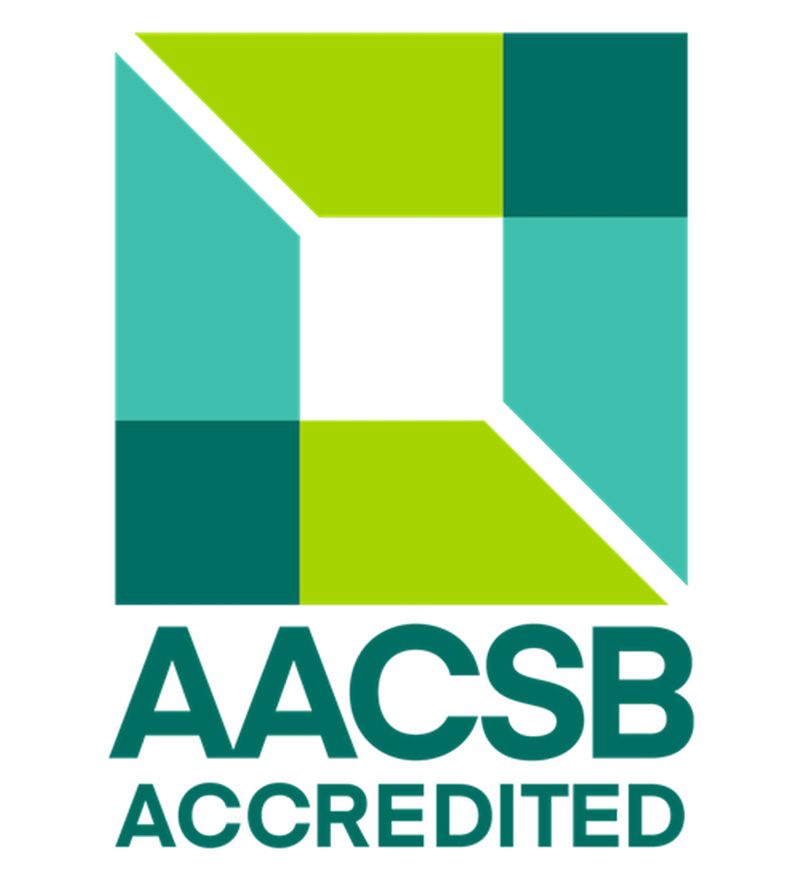
76th-100th Hospitality and Tourism Management Program

The structure displayed shows the advised program structure and progression.
* University elective: Choose from elective courses offered across the university in any other program.
** Business option / minor course: Choose a minimum of four business options to form a minor of your choice (each minor consists of four courses within one discipline).
You can also choose a minimum of four business options in mixed disciplines, which will lead to a default Bachelor of Tourism and Hospitality Management degree with no minor.
Program guides for RMIT Saigon South.
Students undertaking the Bachelor of Tourism and Hospitality Management will develop knowledge and critical analysis skills relevant to contemporary tourism and hospitality management. Areas of study include but are not limited to leadership, cross-cultural studies, analytical and technical competencies, problem- solving, and communication. The application of these competencies will be demonstrated through interactive and experiential learning activities, case studies and assessments.
RMIT provides world-class blended learning with both face-to-face and online experiences in a global network, a supportive community, and real-world skills.
You will be prepared to pursue exciting careers in areas including:
RMIT – Tourism and Hospitality Management program is the only program in Vietnam to be accredited by the Institute of Hospitality (IOH) (United Kingdom). The IOH Accreditation promotes internationally recognised quality standards in hospitality education and provides institutions with the assistance to develop, enhance and improve on their programs and quality management systems.
RMIT – Tourism and Hospitality Management program is also a premier member in the International Council of Hotels, Restaurants and Institutional Education (I-CHRIE). The program is the first to hold this status in Vietnam. I-CHRIE offers numerous benefits for educational institutions, including access to a global community, enhanced professional development opportunities, and increased visibility within the hospitality and tourism field.
RMIT – Tourism and Hospitality Management program is also a long-standing member of PATA (Pacific Asia Travel Association) since 2019. It is the first higher learning institution in Vietnam to be inducted with a PATA Chapter. PATA advocates the responsible development of the travel trade and the tourism industry in the Asia Pacific region. It supports education, innovation, collaboration, and adaptability. PATA brings together governments, industry leaders, academia, and communities to drive positive, lasting change.
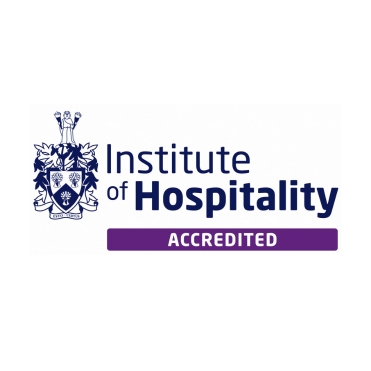
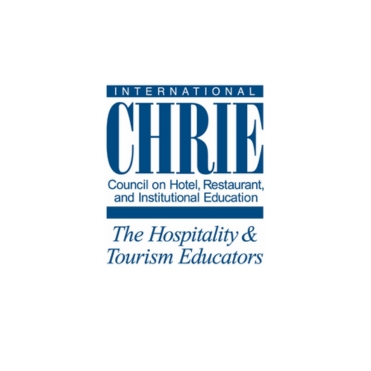
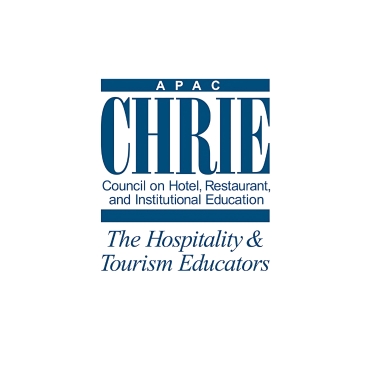
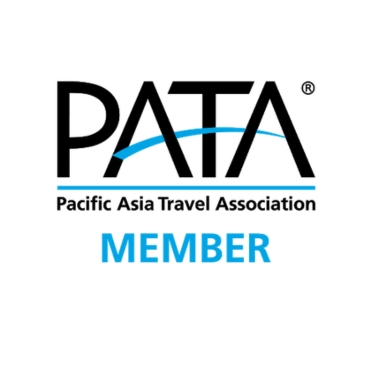

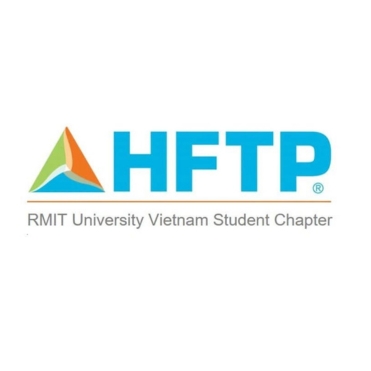
When you successfully complete this program, you may be eligible for entry into an RMIT honours or postgraduate program in Vietnam and Australia.
Payments can be made each semester, on a course-by-course basis.
Fee program |
Annual tuition fee(based on full time study load - 8 courses) |
Whole program fee(24 courses - 288 credits)
|
| 14,345 USD (indicative USD fee) ~ 375,840,000 VND | 43,035 USD (indicative USD fee) ~ 1,127,520,000 VND |
Successfully complete RMIT Vietnam English Advanced, or complete one of the following English proficiency tests:
For other recognised English results, please view English equivalency requirements.
There are no prerequisite subjects required for entry into this qualification.
Previous study and proficiency tests are recognised for two years from the completion date or test date to the program commencement date unless stated otherwise. RMIT does not accept scores from at-home or online testing.
Where you have achieved more than one form of English language proficiency only the most relevant achievement will be considered in the admission decision.
Please contact the RMIT Vietnam Student Recruitment team for more information.
Don't meet the English language test scores? Successfully complete English for University for entry into this program.
Come from a partner institution? RMIT has pathway arrangements with many partner institutions around the world. If your institution has a pathway arrangement with RMIT, you may be able to receive credit and reduce the time it will take to complete your preferred RMIT program.
Find out if your institution has a pathway arrangement with RMIT.
If you have qualifications from an institution that is not an RMIT partner, credit into your RMIT program will be assessed on a case-by-case basis.
Please contact the RMIT Vietnam Student Recruitment team for more information.